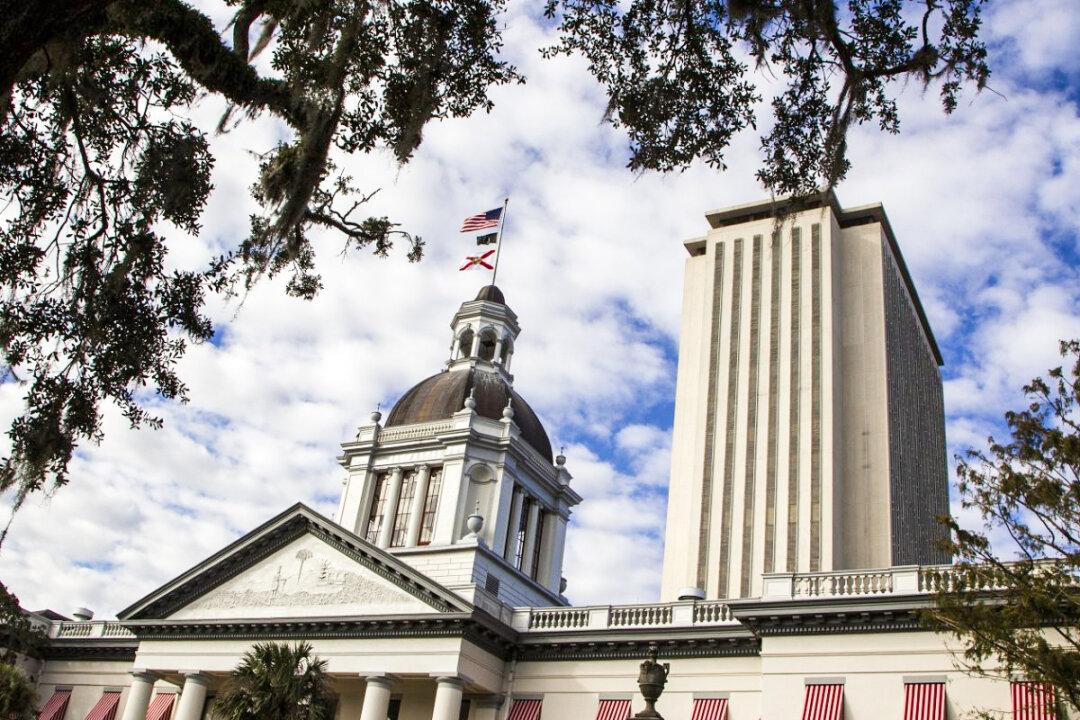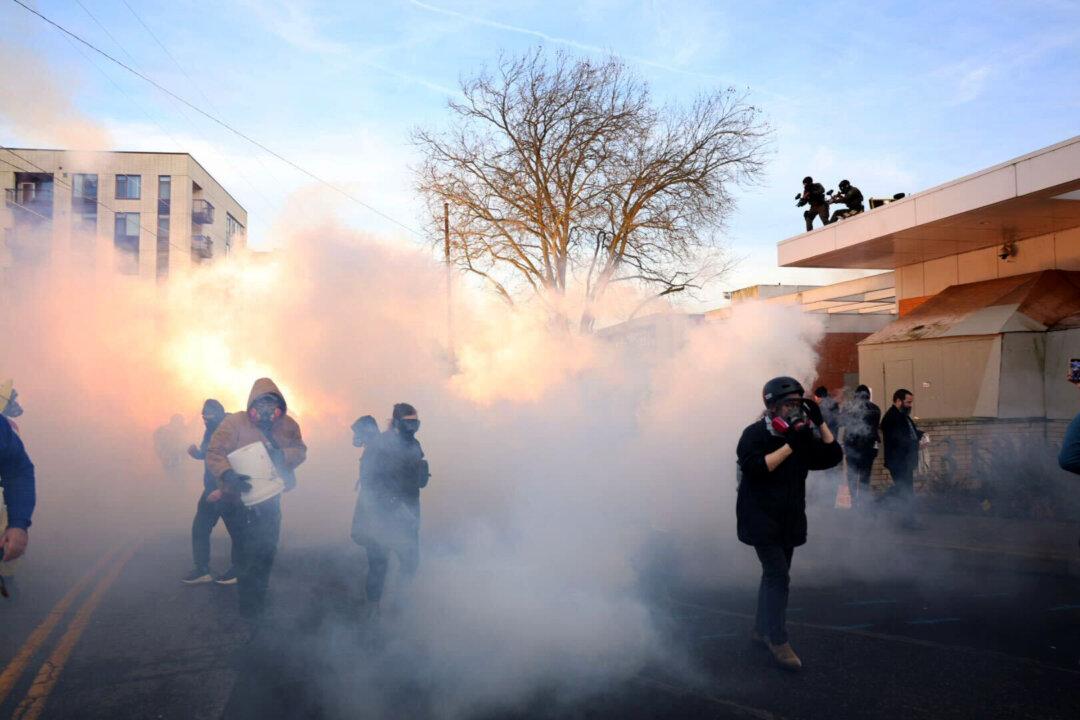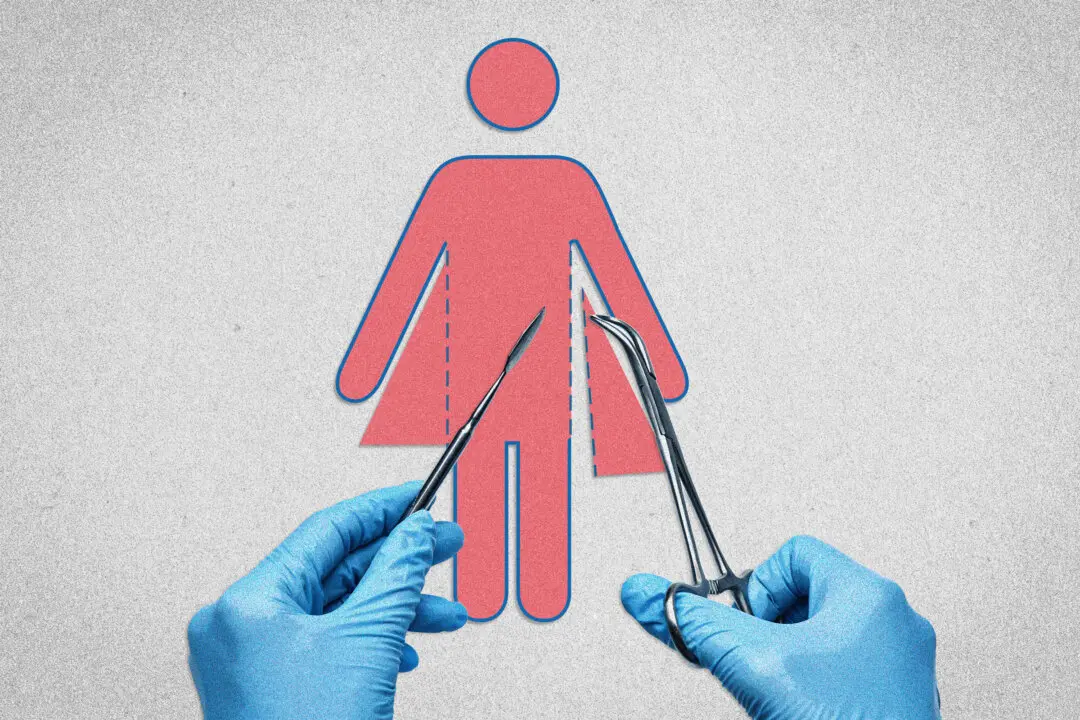Florida lawmakers are advancing twin bills through the Florida House and Senate that would make it easier to file defamation lawsuits against the media and creators of “deepfake” impersonations using artificial intelligence (AI).
Companion bills HB 757 and SB 1780 have drawn criticism for provisions that would make it more difficult for media outlets to defend against accusations that they acted with “actual malice” when publishing reports on public figures using anonymous sources.





